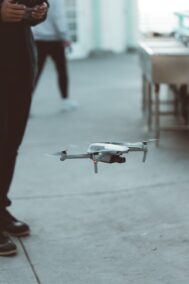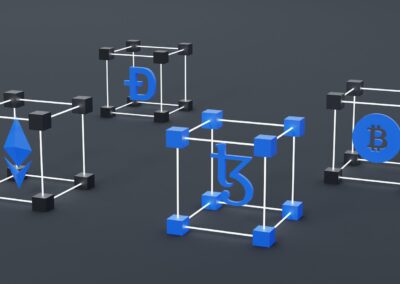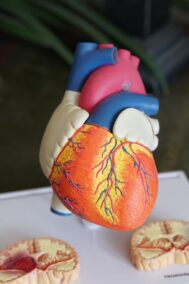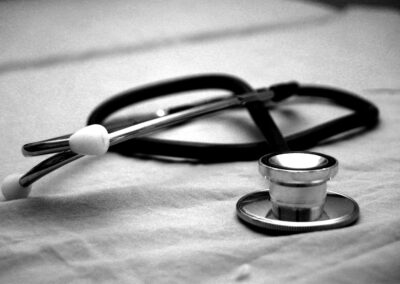Addressing Healthcare Challenges
The adoption of IoT solutions in healthcare is fundamentally transforming the way healthcare services are delivered and experienced by patients. In Saudi Arabia and the UAE, where the healthcare landscape is rapidly evolving, IoT technologies are driving significant advancements in patient care, clinical decision-making, and healthcare management. By integrating IoT devices and data analytics into existing healthcare infrastructure, hospitals and clinics can achieve greater operational efficiency, optimize resource allocation, and enhance the overall quality of care delivery. From remote patient monitoring to predictive analytics, IoT-enabled healthcare systems empower healthcare providers to make data-driven decisions, improve care coordination, and deliver more personalized and timely interventions.
Furthermore, IoT solutions play a pivotal role in addressing key healthcare challenges faced by Saudi Arabia and the UAE, such as chronic disease management, population health management, and healthcare accessibility. With the rise of non-communicable diseases and an aging population, there is a growing demand for innovative approaches to managing chronic conditions and promoting preventive care. IoT-enabled devices, such as smart wearable devices and home monitoring systems, empower patients to actively participate in their health management while enabling healthcare providers to remotely monitor patient health status and intervene proactively when needed. Additionally, IoT-driven population health initiatives leverage data analytics to identify trends, patterns, and risk factors within communities, enabling policymakers and healthcare organizations to implement targeted interventions and public health strategies to improve overall population health outcomes.
Driving Economic Growth and Innovation
Beyond its impact on healthcare delivery and outcomes, the widespread adoption of IoT solutions in healthcare contributes to economic growth and fosters innovation in the region. As Saudi Arabia and the UAE strive to diversify their economies and transition towards knowledge-based societies, investments in healthcare technology and digital transformation initiatives are key drivers of innovation and competitiveness. The deployment of IoT-enabled healthcare solutions creates new opportunities for local startups, technology firms, and healthcare providers to collaborate and develop cutting-edge products and services tailored to the needs of the market. Moreover, by embracing digital health solutions, both countries can attract foreign investment, stimulate job creation, and position themselves as global leaders in healthcare innovation and technology adoption.
Enhancing Patient Engagement
One of the most significant benefits of IoT solutions in healthcare is the enhancement of patient engagement and empowerment. By providing patients with access to real-time health data and personalized insights, IoT devices enable individuals to take an active role in managing their health and well-being. Patients can track vital signs, medication adherence, and lifestyle factors using connected devices such as wearables and mobile apps, facilitating greater self-awareness and accountability. In addition, IoT technologies facilitate seamless communication between patients and healthcare providers, allowing for remote consultations, virtual appointments, and timely interventions. This improved connectivity fosters a collaborative approach to healthcare, where patients are empowered to make informed decisions about their care in partnership with their healthcare teams.
Facilitating Data-Driven Decision-Making
The wealth of data generated by IoT devices in healthcare provides valuable insights that can inform clinical decision-making, healthcare policy, and public health initiatives. Through continuous monitoring of patient health metrics, IoT solutions enable healthcare providers to detect trends, patterns, and anomalies that may indicate changes in a patient’s condition or risk factors. This proactive approach to healthcare allows for early intervention and preventive measures, ultimately leading to improved health outcomes and reduced healthcare costs. Moreover, aggregated data from IoT devices can be leveraged for population health management, disease surveillance, and epidemiological research, supporting evidence-based policymaking and public health interventions. By harnessing the power of data analytics, Saudi Arabia and the UAE can optimize healthcare resource allocation, identify areas for improvement, and tailor interventions to the specific needs of their populations.
#HealthcareInnovation #DigitalTransformation #IoTHealthcare #HealthcareTechnology #PatientEngagement #PopulationHealth #HealthcareAccessibility #EconomicGrowth #SaudiArabia #UAE #HealthcareTech























